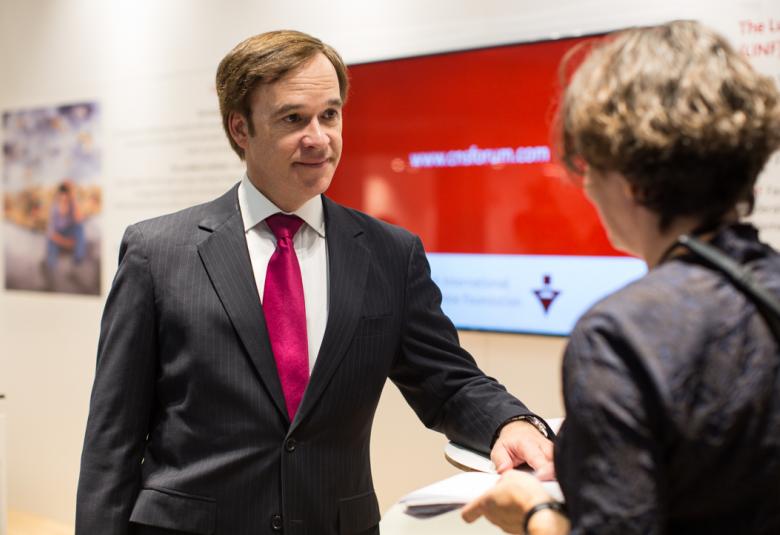Dignity in Mental Health was the theme for World Mental Health Day 2015. As part of the discussion, we reflect on why there is such a big difference in attitude towards illness that stems from say the heart, to one that stems from the brain.
The World Health Organisation (WHO) has made it very clear how it views the way people with mental health conditions are treated: “Thousands of people with mental health conditions around the world are deprived of their human rights. They are not only discriminated against, stigmatised and marginalised but are also subject to emotional and physical abuse in both mental health facilities and the community. Poor quality care due to a lack of qualified health professionals and dilapidated facilities leads to further violations.”
It makes for bleak reading and in the developed world, we’d like to think that the situation isn’t that bad. Sadly, it can be; hopefully, we will continue to change it for the better.
WHO ambitions
In the coming months, WHO will be raising awareness of what can be done to ensure that people with mental health conditions can continue to live with dignity, through human rights-oriented policy and law, training of health professionals, respect for informed consent to treatment, inclusion in decision-making processes, and public information campaigns.
In their literature1, the WHO talks about how we can promote the rights and dignity of people with mental health conditions. In the health-care system we need to provide better support and care for people with mental health conditions by:
• providing community-based services, encompassing a recovery approach that inspires hope and supports people to achieve their goals and aspirations;
• respecting people’s autonomy, including their right to make their own decisions about their treatment and care; and
• ensuring access to good quality care which promotes human rights, is responsive to people’s needs, and respects their values, choices and preferences.
In the community we need to:
• support people with mental health conditions to participate in community life, and acknowledge the value of their contribution;
• respect their autonomy to make decisions for themselves, including about their living arrangements and personal and financial matters;
• ensure their access to employment, education, housing, social support and other opportunities; and
• include people in decision-making processes on issues affecting them, including policy, legislation and health service reform relating to mental health.
It will be interesting to observe how public (and professional) perceptions towards so-called mental illness evolves. Perhaps we should also be thinking about a better way to label conditions that affect different parts of the body, this in itself might help to shift some unwanted stigma.
Our correspondent’s highlights from the symposium are meant as a fair representation of the scientific content presented. The views and opinions expressed on this page do not necessarily reflect those of Lundbeck.




